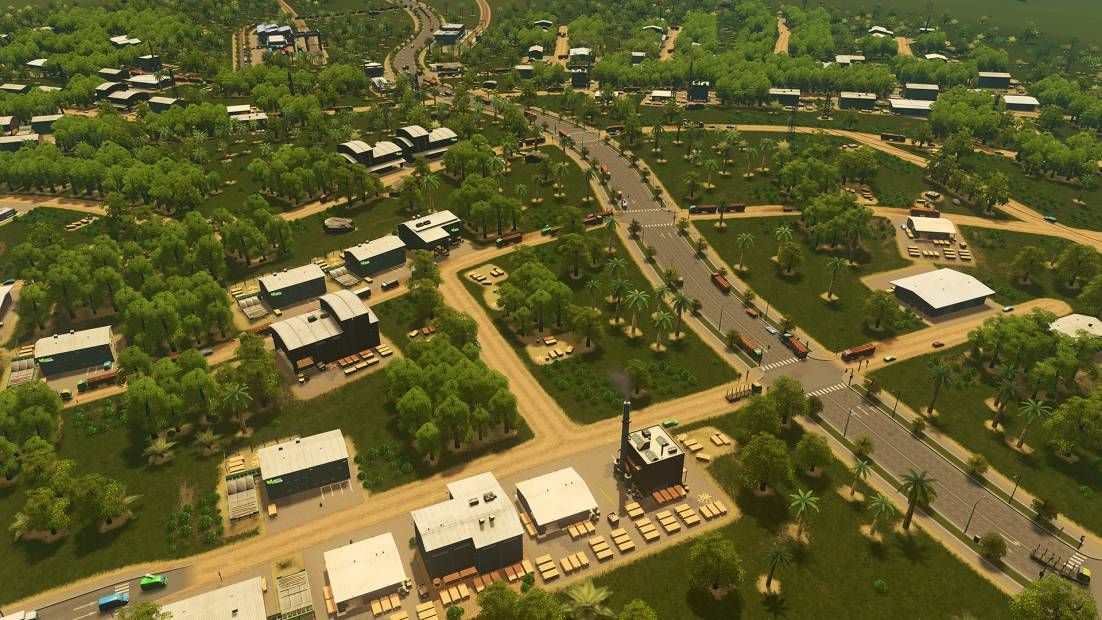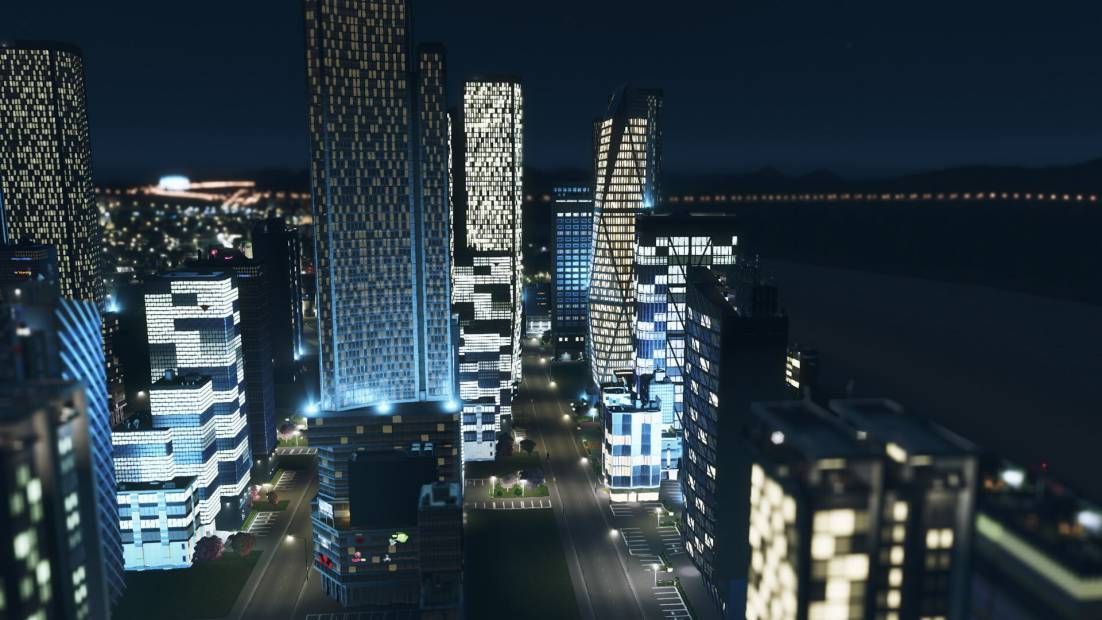Cities: Skylines challenges players with its intricate gameplay strategy. As the mayor, you must carefully plan and manage your city's development. From zoning residential, commercial, and industrial areas to constructing essential infrastructure like roads and utilities, every decision shapes the future of your city. Balancing the needs of your citizens, maintaining a healthy economy, and managing resources efficiently are key to creating a thriving metropolis. The game offers a wide range of tools and policies to fine-tune your city, allowing you to specialize in areas like tourism, education, or eco-friendly initiatives. With a thoughtful approach and strategic thinking, you can build a city that flourishes under your guidance.
Cities: Skylines focuses on the city itself rather than individual characters. However, the game provides a diverse cast of citizens who will voice their needs, opinions, and concerns. You'll encounter a mix of residents, workers, and visitors, each with their own unique demands and desires. The levels in the game represent various stages of city growth, from small towns to sprawling metropolises. As you progress, new challenges and opportunities arise, requiring you to adapt your strategies and management techniques to overcome the complexities of larger cities.
For many players, the most challenging aspect of Cities: Skylines is striking a delicate balance between expansion and maintaining a sustainable city. As your city grows, managing traffic congestion, providing adequate services, and ensuring the happiness of your citizens become increasingly demanding tasks. Anticipating and addressing potential problems, such as pollution, crime, or inadequate infrastructure, requires careful planning and quick decision-making. Overcoming these challenges is a rewarding experience that tests your ability to strategize, prioritize, and manage resources effectively.
In conclusion, Cities: Skylines offers a captivating gameplay strategy that puts you in the mayor's seat, responsible for building and managing a thriving city. With its emphasis on careful planning, strategic decision-making, and resource management, the game challenges players to create efficient, prosperous, and harmonious urban environments. While there are no specific characters in focus, the diverse cast of citizens and the progression through different levels add depth to the game's immersive experience. The most difficult part of the game lies in striking a balance between growth and sustainability, making Cities: Skylines a stimulating and rewarding city-building simulation for strategy enthusiasts.












































